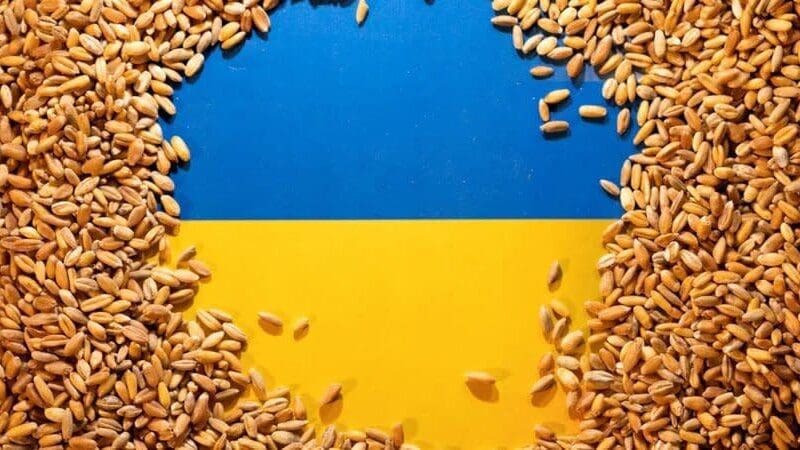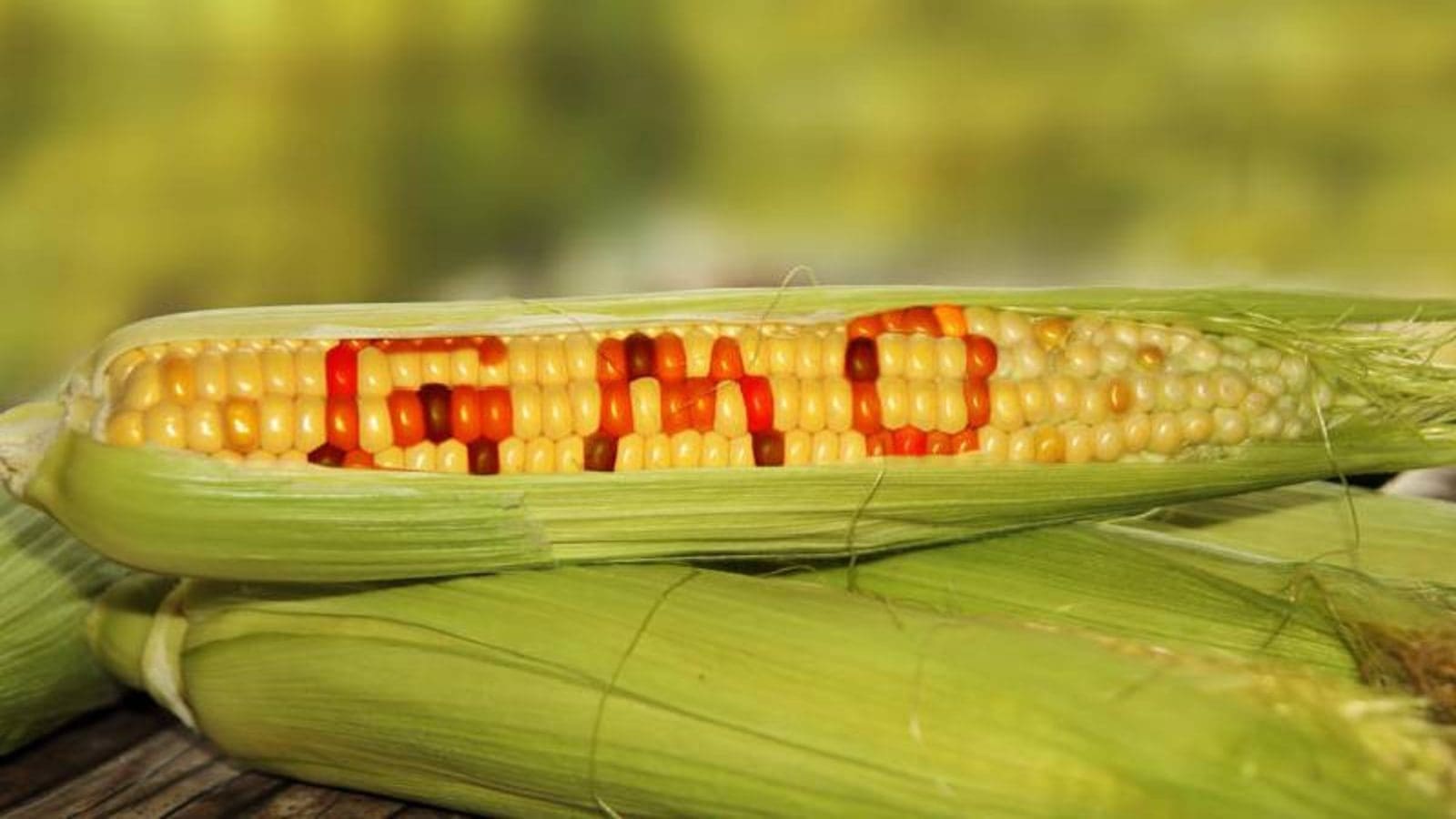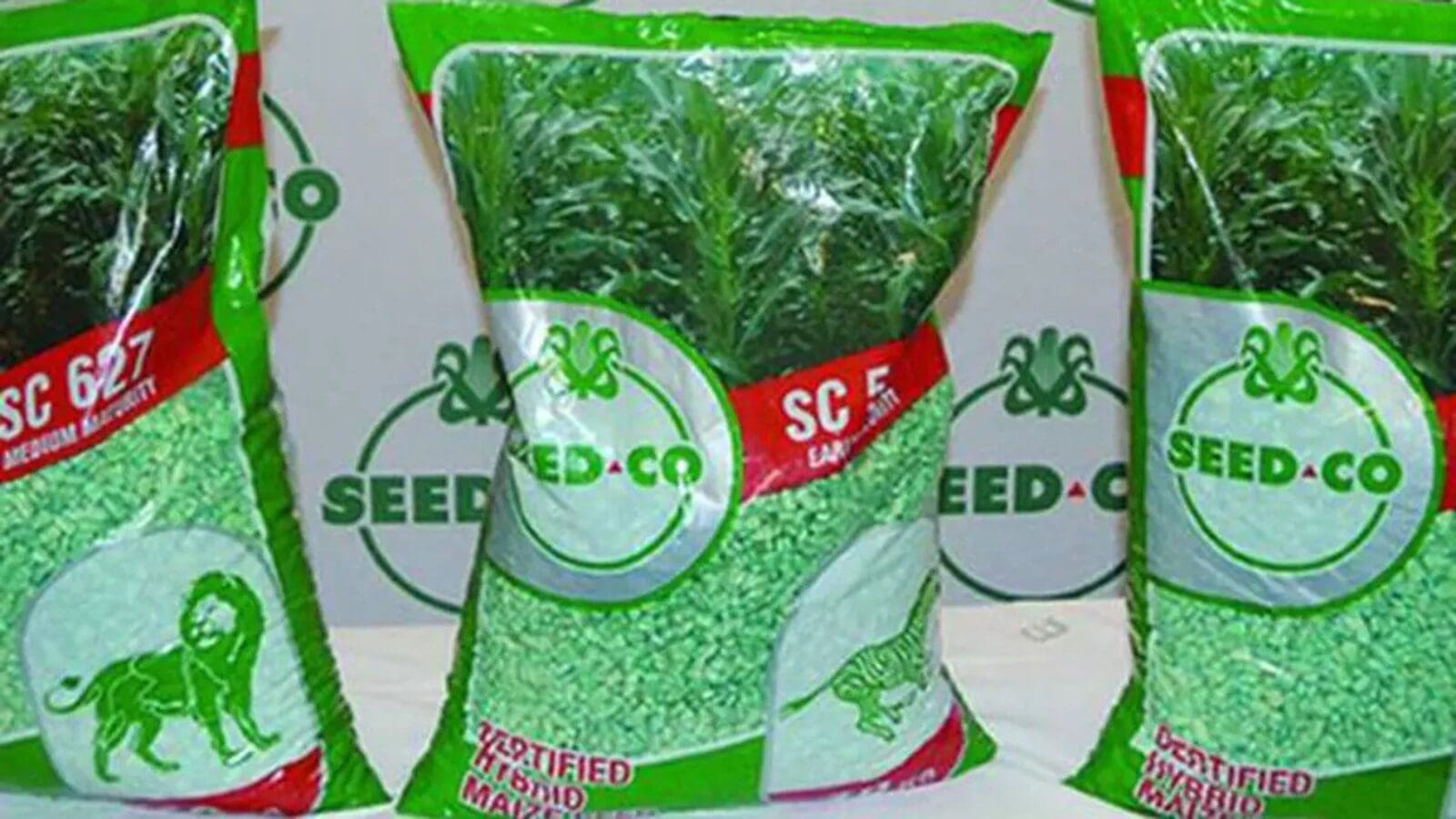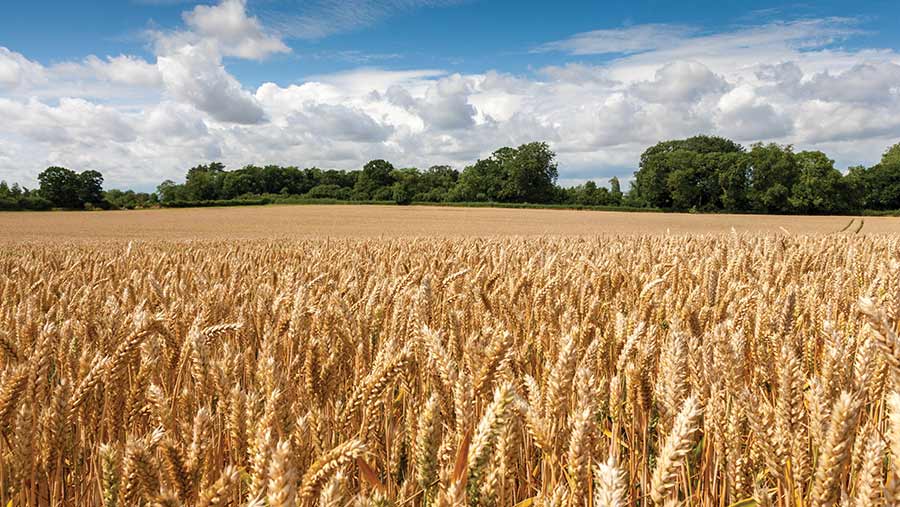POLAND – Polish and Ukrainian governments have reached an import suspension agreement in which Ukrainian grain will only go through Poland to third countries.
This suspension will be in effect “at least until July,” when the new harvest season begins. Representatives from both governments will meet in the coming days to iron out the logistical details to ensure the grain ends up in its intended destinations.
Following the Russian invasion of Ukraine, the county found alternative shipping routes through Poland, Romania, and Bulgaria.
The European Union waived customs duties and import quotas to facilitate transport through the three countries. However, farmers in transit countries have been protesting depressed grain prices caused by cheap Ukrainian imports.
Low-price grain prices prove too tempting for local buyers and traders, undercutting local producers.
Following the farmers’ protests that later saw Henryk Kowalczyk resign as the agriculture minister, Polish Prime Minister Mateusz Morawiecki said the EU would offer financial compensation of nearly €30 million (US$32.68 million) to alleviate some of the losses resulting from the cheap Russian grain.
However, the farmers found this move insufficient and beseeched the government to find ways of restricting the sale of Ukrainian grains in Poland.
The Polish government called on the European Commission to reintroduce duties on Ukrainian grain. However, the European Commission extended the duty-free regime with Ukraine for another year, prompting this recently established agreement.
“The Ukrainian side has proposed to severely restrict, and for the moment even stop completely, grain arrivals to Poland,” Poland’s new Agriculture Minister Robert Telus said during a joint press conference with Ukrainian Mykola Solskyi after a meeting at the Poland-Ukraine border.
“The situation is difficult for both Ukrainian and Polish farmers. We all understand who is to blame, but we have to solve this problem. The Ukrainian side will refrain from exporting wheat, corn, rapeseed, and sunflower to Poland until the new season,” Solskyi said, referring to the season that starts in July.
Janusz Kowalski, Poland’s deputy minister of agriculture, says that the Poland-Ukraine grain agreement is the first step in solving an agricultural crisis in the country.
“The EU did nothing to help Polish farmers, and the effectiveness of the actions of new [agriculture] minister Robert Telus with the support of both the prime minister and the president, which was also the result of negotiations with President Zelensky, showed that we are capable of negotiating with Ukraine and temporarily suspending imports at least until July,” Kowalski remarked.
“All products must go through Poland, they cannot harm Polish farmers, Polish producers and cause a food security crisis,” Kowalski said.
Russia threatens to scrap grain deal
Meanwhile, Russian Foreign Minister Sergei Lavrov threatened to abandon a newly-renewed black sea grain deal with Ukraine if obstacles to Moscow’s exports remained.
“If there is no further progress in removing barriers to the export of Russian fertilisers and grain, we will think about whether this deal is necessary,” Lavrov told a news conference in the Turkish capital Ankara, alongside his counterpart, Mevlut Cavusoglu.
While there are no sanctions on Russian exports of food and fertilizers to global markets there are secondary sanctions imposed on shipping and insurance companies.
“We value the continuation of the agreement which is also important in terms of reducing the global food crisis,” Cavusoglu said while acknowledging that the current conditions have not been fulfilled completely yet.
For all the latest grains industry news from Africa, the Middle East and the World, subscribe to our weekly NEWSLETTERS, follow us on LinkedIn and subscribe to our YouTube channel










